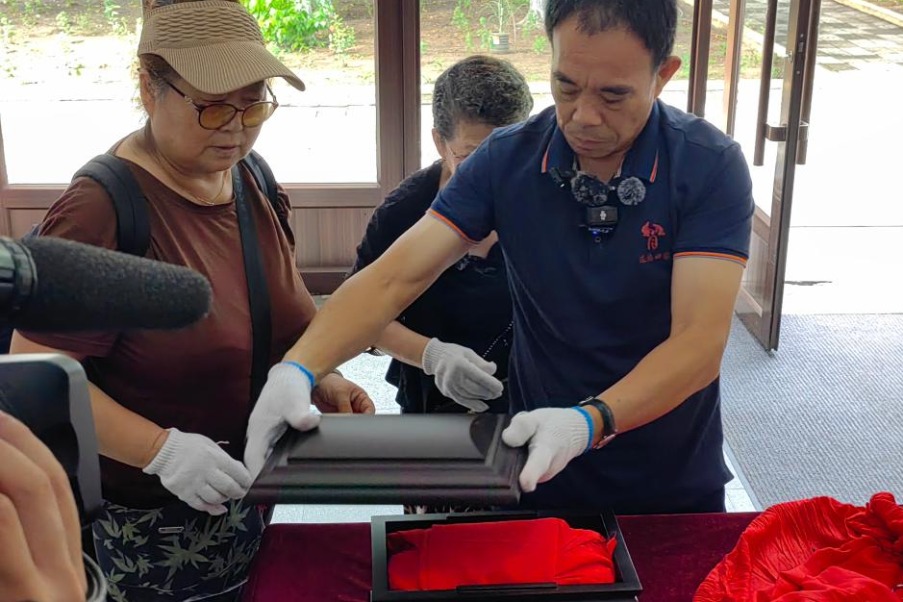China expands water conservation through tax reform

BEIJING - Taxation will play a larger role in China's drive to conserve more water as a water resource tax program is expanded.
Starting Friday, nine provincial regions, including Beijing, Inner Mongolia and Ningxia will begin using a new water resource tax, following trials in north China's Hebei Province.
Water conservation is important in a nation where per capita water resources are only 28 percent of the global average.
The tax is levied on the use of surface and ground water, with higher rates on enterprises that consume a lot of water.
Water use exceeding quotas or in overexploited areas will be met with tax rates up to four times more, while use for agricultural purposes will see a reduction or exemption. The use of water that has come from sewage treatment facilities will also have favorable rates.
The taxation will prevent unreasonable use by consumers like ski resorts and car washes, said Wang Jianfan, an official with the Ministry of Finance (MOF).
In Hebei, where water shortages are a perennial issue, total water consumption dropped by 460 million tonnes in 2016, after the first tax trial was launched 18 months ago.
To cut production costs and save water, high water-consuming enterprises like steel, cement and chemical companies have installed water-saving devices and replaced groundwater with desalinated sea water and recycled wastewater.
"The main purpose of the tax is not to increase fiscal revenue," said Cai Zili of the State Administration of Taxation.
In the nine regions, a total of 13.3 billion yuan (about 2 billion U.S. dollars) of water resource fees were collected last year, only a small fraction of a local fiscal revenue that was calculated in trillions.
The tax has a great ecological significance and will help water management, said Cai.
Improvements have been made under new water management measures introduced in 2012 to address water shortages and pollution.
In 2016, China's water consumption dropped from 610 billion cubic meters to 604 billion cubic meters, and consumption per 10,000 yuan of GDP was down by 7.2 percent.
The expansion of the tax trials is a step forward in overall reform of the resource tax system, which is more the 30 years old.
Nearly 800 billion yuan of resource taxes were collected from 1994 to 2016, an annual average growth of 14.8 percent, with 95 billion yuan collected last year, according to MOF data.
A draft law on resource tax was released earlier this month for public comment and covers resources like crude oil, natural gas and coal.
The reform has brought huge tax reductions to resource-saving and environment-friendly businesses, with taxes reduced by 4.2 billion yuan in the year ending June 2017.
- Dunhuang cultural expo seeks to revive the Silk Road spirit
- J-20 fighter can easily penetrate air-defense networks, designer says
- Xinjiang to build new expressway
- American musician: the Silk Road influenced American music
- China upgrades Ragasa to super typhoon
- Over 5,000 photographers showcase work in Shanxi's ancient city of Pingyao




































